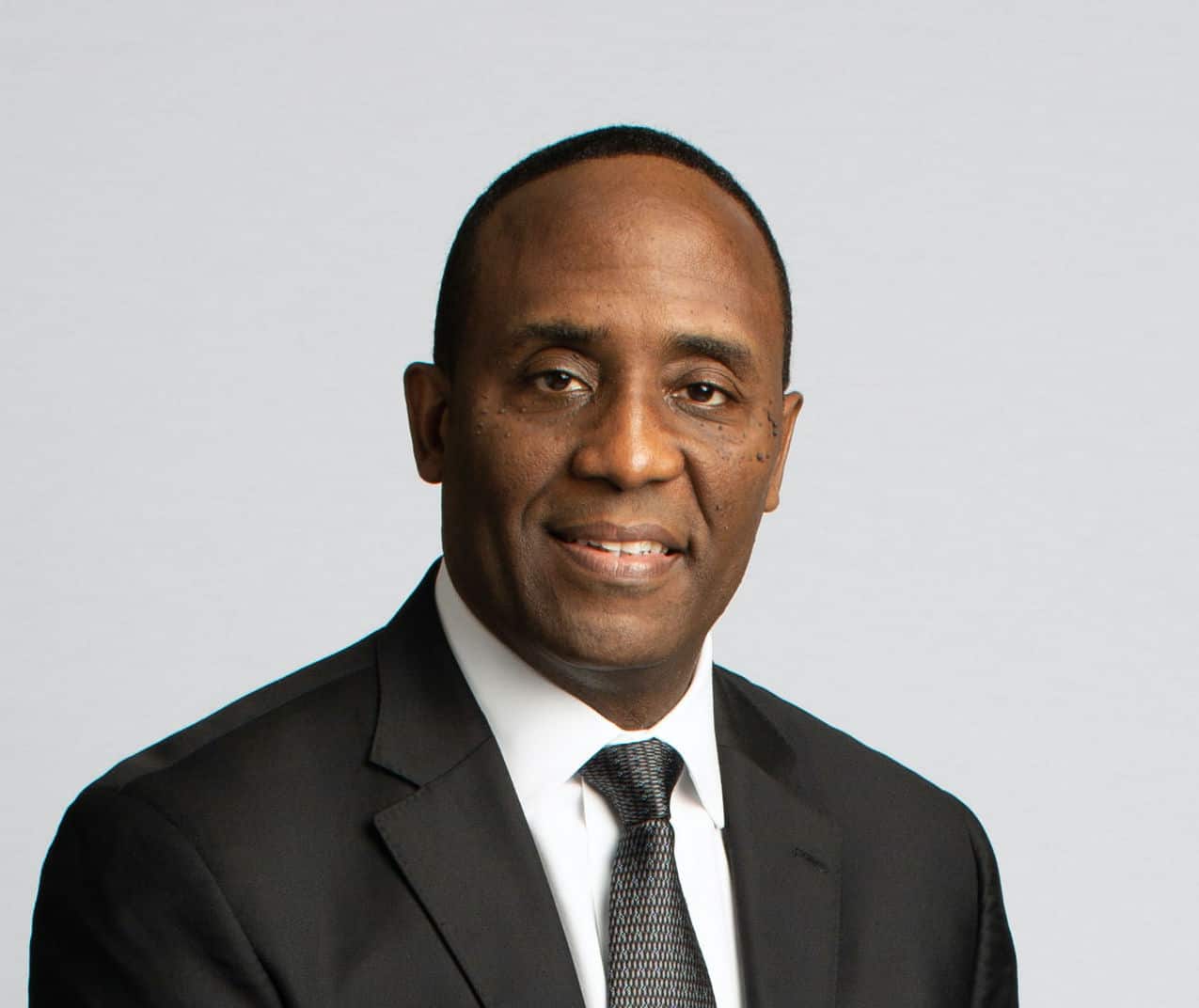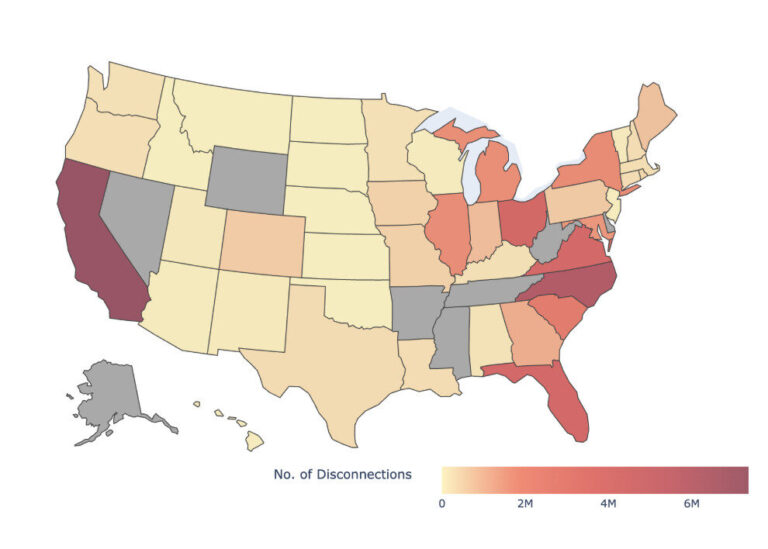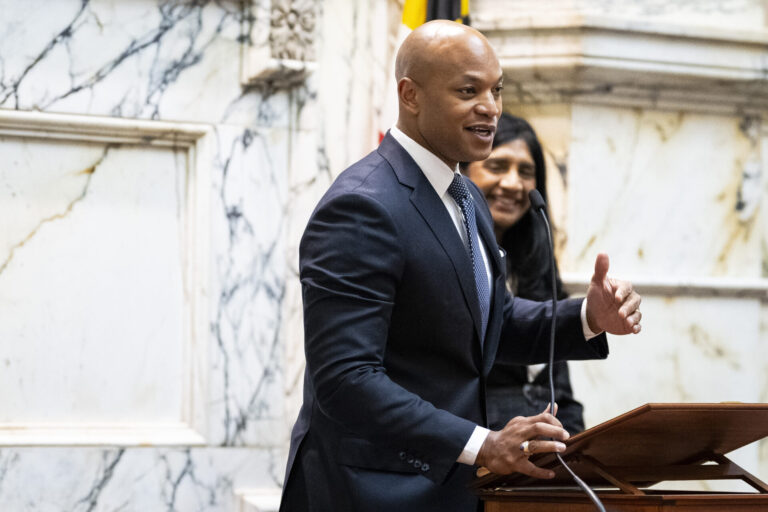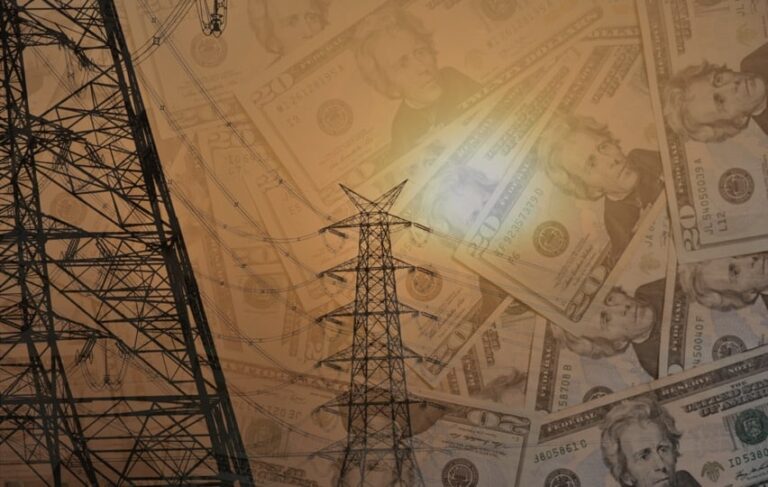Loopholes Set to Provide Millions in Benefits to Entergy in New Orleans Rate Case

The New Orleans City Council is set to vote on a resolution tomorrow which would give hundreds of millions of dollars in extra profits to Entergy New Orleans. The resolution, which the Council is touting as a win for consumers, contains provisions allowing Entergy New Orleans to earn hundreds of millions from decades of new interest charges in its rate case. Entergy New Orleans has continued pushing the Council for more concessions, which caught the ire of New Orleans City Councilwoman Helena Moreno. Moreno sent a sharply worded letter to Entergy’s CEO, accusing his company of “bullying and threats.”
Entergy has been plagued by scandal in recent months arising from its use of a contractor, the Hawthorn Group, who paid actors to attend City Council meetings to speak in support of Entergy’s proposal for a new gas plant.
Extended lifespans increases profits, inconsistent with climate goals
The resolution proposed by the New Orleans City Council extends the depreciation, and consequently the lifespan, of two natural gas units, Union PB1 and the New Orleans Power Station (NOPS). The depreciation proposal would extend the lifespan for Union PB1 by 10 years and NOPS by 20 years beyond their current schedules.
Extending the depreciation of the units creates one problem to solve another. Longer depreciation rates lower the amount that Entergy needs to collect from its customers in each year, presumably allowing for customer bills to be slightly lower. However, the extension means additional years of payments, and interest, will now be required well beyond the original plan.
“We estimate this provision could cost Entergy New Orleans customers an extra $900 million or more over the lifespan of these units,” said Logan Burke, Executive Director of the Alliance for Affordable Energy.
Just as a 30-year home mortgage produces a lower monthly payment than a 15-year mortgage, it also requires more interest to be paid to the bank over the life of the loan. In this case, the bank is Entergy and the borrower is the people of New Orleans.
While utilities generally expect to run natural gas plants for 30 years, the New Orleans City Council’s draft proposal would mean a 50-year depreciation schedule for NOPS. Entergy customers would be stuck with 20 years of additional payments should NOPS only operate for 30 years. Entergy admits extended depreciation rates “forces customers to continue paying for a plant long after the plant ceases to provide service […]”.
The Council’s approval of a 50-year depreciation schedule for NOPS is a tacit approval of the entire project, even though a District Court judge overturned the Council’s previous approval due to violations of the Louisiana Open Meetings Law. The Council has not held a revote to approve the NOPS plant as of the time of publication.
In a separate docket, the New Orleans City Council is evaluating a renewable portfolio standard (RPS) in which clean energy advocates are pushing the Council to adopt a 100% RPS. If the City Council adopts the rate case resolution as written, the 100% RPS would either be impossible to achieve, or Entergy would need to close the gas plants ahead of the 50-year depreciation schedule and have customers continue paying for them for decades.
Entergy claims that the 100% RPS policy is not “a feasible solution to address climate change,” and went so far as to accuse 100% RPS advocates of “the intellectual equivalent of denying climate change exists.”
Entergy’s own climate commitments will allow the company to continue increasing its global warming emissions, according to an analysis from the Energy and Policy Institute published earlier this year. Despite New Orleans being on the front lines of sea level rise, Entergy openly acknowledged in its sustainability report that its climate goal is not consistent with a pathway to limit global warming to 2 degrees celsius.
Entergy complains to the Council about profits
Entergy may have secured millions in extra long-term profits, but it did not get everything it wanted from the proposed rate case resolution. The New Orleans City Council proposed reducing Entergy’s return on equity (ROE), one determinant of its profit, to 9.35% from the current 11.1%. Entergy complained that this was “wholly short” of the ROE the company needed and “arbitrary and not supported by law.“
However, Entergy cherry-picked data to avoid disclosing a national median 9.62% ROE approved by regulators for similarly situated utilities, as noted by Kroger Co, a large customer that intervened in a Georgia Power rate case, and relied on ROE data from S&P Global Market Intelligence.
Councilwoman Moreno responds
New Orleans City Council President Helena Moreno responded to Entergy with a fiery letter accusing the company of “bullying and threats”. Moreno outlined a series of Entergy’s violations of the public trust, including its contractor paying actors to attend Council meetings and feign support for a gas plant, distribution reliability failures, and inadequate communication. Moreno added that negotiating with Entergy “seems to be only about what the company needs …”
Although Moreno said, “I regretfully see that nothing has changed,” Entergy plowed ahead with a last-ditch settlement proposal to the Council on Tuesday, November 5th, falling well short of the Council’s written position. Entergy offered an ROE reduction to just 10%, still above the national median.
A vote by the New Orleans City Council on the proposed resolution is expected on Thursday November, 7.



